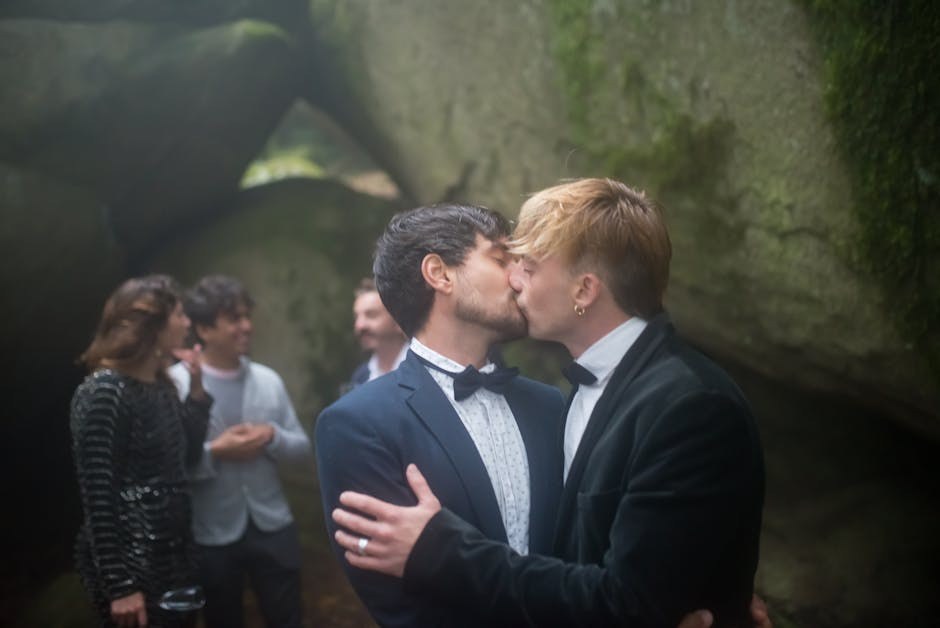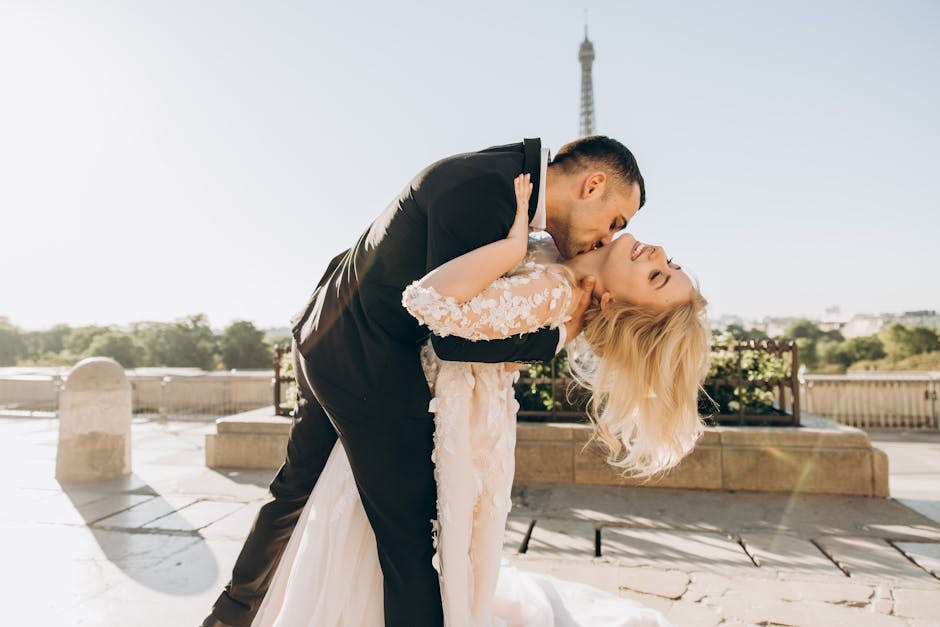Heartbreak tugs at every thread of daily life – a song on the radio, a smell in the hallway, the way evening light lands on the kitchen table. When you’re convinced you’ll never feel whole again, the idea that you could unlove someone sounds impossible and maybe even wrong. But what most people mean by that phrase isn’t erasing a person or pretending feelings never existed. It’s choosing release over rumination, presence over pining, and self-respect over chasing what can’t be kept.
Why letting go feels like losing part of yourself
Love changes how you arrange your days. Routines overlap, plans get negotiated, and the future takes on a shared shape. When it ends, you don’t just miss a person – you miss a version of yourself that only existed around them. This is why the desire to unlove someone can feel like a betrayal of your own history. You gave time, faith, and tenderness. You may feel guilty for wanting out of the ache, or afraid that releasing attachment means the love was never real. It was real. And still, you deserve calm. Learning to unlove someone is not a denial of the past; it’s an agreement with reality in the present.
A practical path forward
There is no single script that works for everyone, but there are practices that reduce friction and help you breathe again. Think of them as gentle commitments that restore your attention to places it can actually influence. As you learn to unlove someone, you’re not erasing love – you’re moving it back into your life where it belongs, with you.

-
Reframe the goal. Telling yourself you must stop feeling anything sets you up to fail. Instead, decide that you’re learning to coexist with memories without letting them run your day. When you aim to unlove someone in this sense, you’re practicing acceptance: “I can hold tenderness for what was, and still choose distance from what harms.” This shift is small but profound – it lets compassion and boundaries sit side by side.
-
Accept what is, not what you wish could be. Hope is beautiful in romance and brutal in its aftermath. Acceptance doesn’t mean you liked the ending or that it was fair; it means you stop bargaining with the past. To unlove someone effectively, state the facts out loud: the relationship in its previous form is over, and waiting for a different ending keeps you stuck in the same chapter.
-
Create clean space with no contact. Feelings struggle to settle when conversations keep stirring them up. Give yourself a time-limited pause – including texts, calls, DMs, and “just checking in” updates. Three months of silence can be clarifying because your nervous system gets a chance to reset. You’re not being cruel; you’re choosing conditions that make it possible to unlove someone without reopening the wound daily.

-
Skip the rebound and stay honest. New attention can feel like relief, but it’s usually a distraction with a hangover. If you’re using one person to stop thinking about another, your heart never gets the quiet it needs. To truly unlove someone, resist the urge to outrun grief. Honor your capacity. Let the loneliness crest and fall. You’ll find it has edges – and it passes.
-
Give your timeline back to yourself. There’s no formula for how long this takes. Some days you’ll feel spacious; the next day a memory floors you. That doesn’t mean you’re failing to unlove someone – it means you’re human. Track progress by direction, not by speed: fewer spirals, shorter loops, more hours where your mind wanders to something else.
-
Focus on what lights you up. People say “work on yourself” because attention is a finite resource. When you invest it in what energizes you, longing has less room to grow. Make a short list of activities that reliably bring you into the present – painting, trail rides, cooking, sunrise runs, repairing a bike, learning a new chord progression. As you do them, you’re not trying to unlove someone by force; you’re building a life textured enough that love can’t be the only story.

-
Clear the digital fog. Your thumbs know how to find their profiles before you realize you’re searching. Mute, unfollow, or remove – and if needed, block. This isn’t vindictive; it’s hygiene. Each glimpse restarts the cycle you’re trying to end. If you want to unlove someone, reducing reminders is an act of care for future you who wants a quiet mind when morning comes.
-
Balance the memory ledger. Heartbreak highlights the montage of perfect moments and edits out the friction. Balance the tape. Write down scenes that were confusing, hurtful, or draining – not to demonize them, but to tell the whole truth. The mind can’t unlove someone it keeps idealizing. Honest recollection loosens the grip of fantasy and respects the full picture.
-
Ask for professional perspective. Friends can be wonderful mirrors; they can also be exhausted by reruns. A counselor offers a wider vantage point and language for patterns you can’t see from inside. When you’re trying to unlove someone, that neutral guidance helps you separate attachment from identity and history from destiny.
-
Use solitude, but don’t let it turn into isolation. Quiet hours are how feelings metabolize; endless isolation is how they ferment. Schedule anchors – a weekly dinner, a long walk with a friend, a class you attend even when you don’t feel like it. You can unlove someone without shutting the door on the world that wants to hold you.
-
Invite new connections that aren’t about romance. Join spaces built around interests: a ceramics studio, a local ride, a language exchange, a volunteer shift. Meeting people for the joy of the shared activity rewires your social life. You’re not replacing anyone; you’re widening your circle so it’s easier to unlove someone without feeling like you’ve lost your only companion.
-
Refresh your reflection for yourself. A small style change – a haircut, a neat pair of boots, a color you’ve never worn – can signal renewal to your brain. Do it for you, not as a signal to them. Tangible shifts help you believe the story you’re telling: I can unlove someone and still recognize myself in the mirror.
-
Change the scenery. You don’t need a passport stamp to break a loop. A weekend with a cousin, a day trip to a nearby town, or a morning hike outside your usual routes can refresh perspective. The places where you always saw each other carry echoes; a new backdrop quiets them. Distance makes it easier to unlove someone because it introduces new cues for your senses to attach to.
-
Study the relationship like a teacher, not a judge. After the initial storm passes, review the dynamics with curiosity. Where did you minimize needs? When did you stop speaking up? What patterns kept repeating? The goal isn’t blame; it’s clarity. The more you understand, the easier it becomes to unlove someone without abandoning the lessons they brought into your life.
Tools that nurture steady progress
Habits are the scaffolding that holds you up while feelings settle. Add simple practices that make your environment friendlier to healing. Keep a “grounding” list on your phone for moments when your chest tightens: drink water, open a window, step outside for five minutes, do ten slow breaths. Pair those with routines that suit you – a standing stretch in the morning, journaling after dinner, or a short walk after lunch. When your nervous system is calmer, the effort to unlove someone stops feeling like an uphill sprint and starts feeling like a series of doable steps.
-
Write it out. A private journal isn’t about eloquence; it’s about transferring noise from your head to a safe container. If you get stuck replaying conversations, write a “script” of what you wish you’d said, then close the notebook and return to now. This doesn’t make you magically unlove someone, but it turns rumination into an action you can finish.
-
Honor milestones you can’t post. The first morning you don’t check their profile. The first time you enjoy a friend’s story without comparing it to your own. Name these wins. They’re small, yes – and they’re proof you can unlove someone one decision at a time.
-
Protect your sleep like it’s sacred. Fatigue makes everything heavier. Create a wind-down ritual: dim lights, put your phone in another room, read a few pages, breathe slowly. When you rest, your capacity to unlove someone grows because you’re no longer battling exhaustion and grief at once.
Boundaries that keep your heart intact
Clear boundaries are not walls; they’re doorways with hinges – they help you decide what enters and what stays out. If your former partner wants to “stay friends” immediately, ask yourself whether contact helps your recovery or feeds false hope. If shared logistics make contact necessary, keep it brief and practical. Scripts help: “I need time with no personal updates, and I trust you’ll respect that.” You’re learning to unlove someone while also learning to keep promises to yourself, and that combination rebuilds trust in your own decisions.
Reclaiming identity and future
Part of the pain of ending is identity shrinkage – who am I without us? Start small. Revisit old interests you abandoned, and test new ones with low stakes. Co-create your future with your present self, not your past relationship. Make a list of what partnership should feel like next time: steady, playful, honest, safe. As you practice this, you continue to unlove someone because you’re orienting toward what fits rather than gripping what hurts.
When reminders appear – and they will
Grief is patchy. You’ll go weeks feeling lighter and then an anniversary date, a café, or a playlist drops you back into longing. Take it as a weather change, not a verdict. Do one grounding action, name what’s happening – “my body remembered” – and proceed with the day. You don’t lose progress because a feeling visited. Learning to unlove someone is not a clean graph; it’s a coastline with curves, and you’re still moving forward along it.
What the relationship still gives you
Even painful stories carry gifts: better boundaries, clearer desires, a braver voice. Ask: What did I do well? Where did I go silent? What will I choose differently next time? Turn each answer into a sentence you can live by. In doing so, you continue to unlove someone by integrating the lesson without clinging to the source.
A different kind of love remains
You can respect the tenderness that once existed and still step away from the attachment that keeps you aching. That’s the quiet miracle hidden in the phrase we keep using here – to unlove someone is to place love back where it can serve life, not stunt it. You won’t forget them, and you don’t need to. Memory can become a room you visit briefly, not a place you live. And every time you choose presence over a replay, you become more yourself: open, grounded, and ready for a kinder chapter.